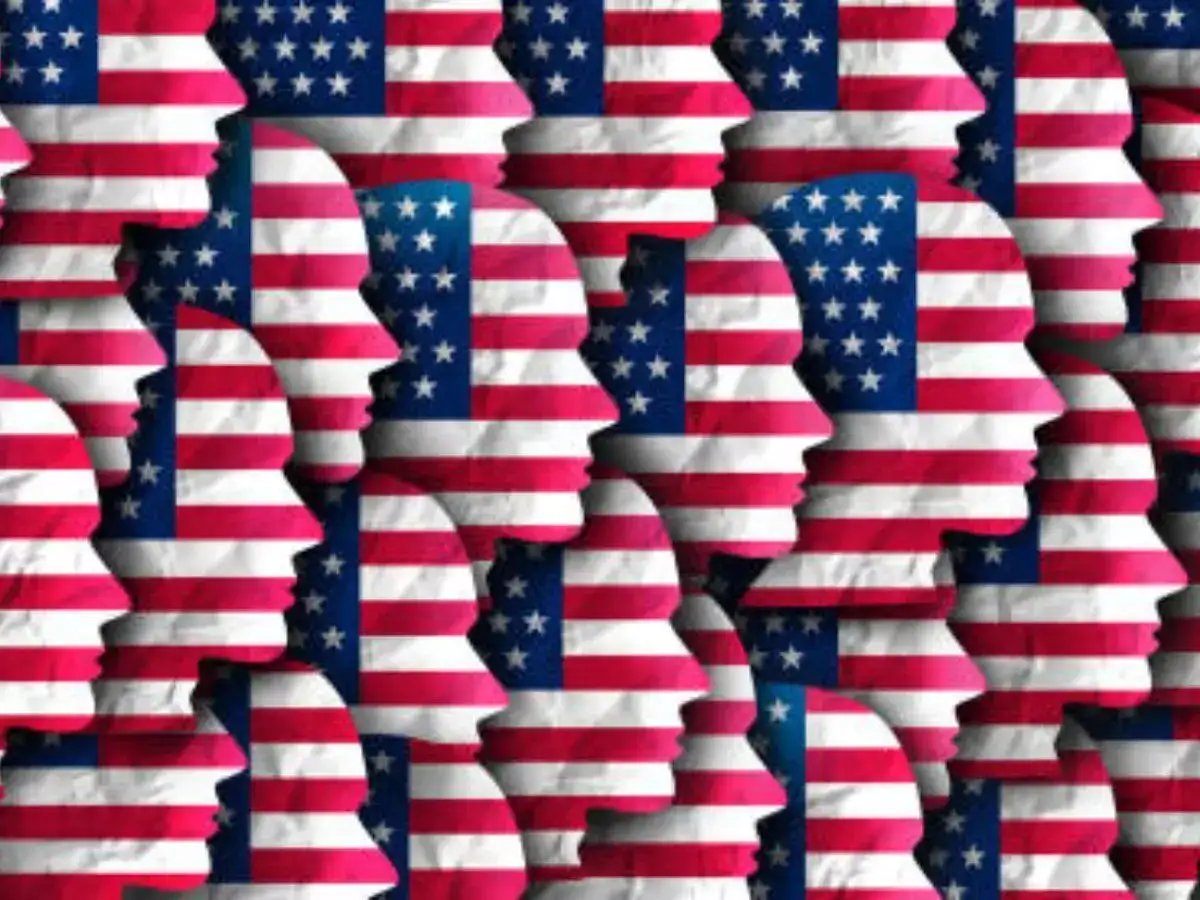U.S. Chamber Sues Over $100,000 H-1B Visa Fee Hike
This lawsuit by the U.S. Chamber of Commerce signifies a critical legal challenge to a significant H-1B visa fee increase, potentially determining the future accessibility of skilled foreign talent for American businesses.

Subscribe to our newsletter and stay informed about latest H1B news, policy updates and and other developments.
Article Summary
The U.S. Chamber of Commerce filed a lawsuit on October 16, 2025, challenging the Trump administration's new $100,000 H-1B visa fee, asserting it is 'unlawful' and would make it cost-prohibitive for U.S. employers to retain global talent. This legal action follows President Trump's September 19 proclamation that dramatically increased the H-1B sponsorship fee from several thousand dollars.
Original Article: sunstar.com.ph
[ Sentiment: negative | Tone: factual ]
This summary and analysis were generated by TheNewsPublisher's editorial AI. This content is for informational purposes only; it does not constitute legal or immigration advice.
[ Sentiment: negative | Tone: factual ]
This summary and analysis were generated by TheNewsPublisher's editorial AI. This content is for informational purposes only; it does not constitute legal or immigration advice.
TNP AI: Key Insights
The proposed $100,000 H-1B visa fee represents an unprecedented escalation from the previous several thousand dollars, posing a critical threat to U.S. employers' ability to access global talent, particularly for startups and small to midsize businesses. For skilled professionals, this makes securing an H-1B sponsorship prohibitively expensive, effectively narrowing pathways to U.S. employment.
This fee stands in stark contrast to skilled worker visa costs in other major English-speaking destinations like the UK, Canada, and Australia, potentially making the U.S. significantly less competitive in the global talent market. The U.S. Chamber of Commerce's lawsuit aims to prevent this significant shift, arguing it overrides existing immigration law and would stifle economic growth.
The outcome of this legal challenge will have profound implications, setting a precedent for future administrative fee structures and directly influencing the H-1B program's viability for both employers and international talent. It could lead to a re-evaluation of talent acquisition strategies by U.S. companies and further legal battles, shaping the future of skilled immigration.




